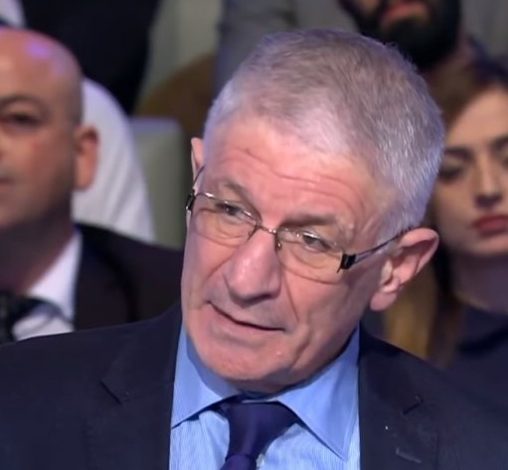A Window to a Complemental Arab Role

Sam Menassa
It was broadly assumed that, with Sinwar and Nasrallah out of the picture, it could become easier to reach a deal that would end the war in both Lebanon and Gaza and allow the 101 hostages still held by Hamas to return to their homes. However, Israeli Prime Minister Benjamin Netanyahu, who has repeatedly demonstrated his talent for foiling settlements, is showing no signs of changing his military-annihilative approach. Rather, he has pledged more military action, as have his far-right coalition partners, while the Likud party went even further, organizing an event titled “Preparing To Settle in Gaza.”
The efforts to end the war in Gaza and Lebanon are not progressing because, on the one hand, Israel cannot achieve a decisive military victory, and on the other, Hamas and Hezbollah are not willing to acquiesce to Israel’s terms amid internal leadership struggles. Israel’s limited retaliation against Iran, the day before yesterday, could complicate things further and give rise to new obstacles that make a deal in Gaza and Lebanon less likely.
In light of the absence of serious and credible US pressure, such as an arms embargo on Israel, Netanyahu does not feel compelled to change his policies in any of these conflict zones. Bolstered by the assassination of senior leaders from both groups and a surge in domestic support in recent polls, he is going to press forward with his mission to change the “strategic reality” in the Middle East, as he puts it, and dictate the final outcome in Gaza and Lebanon. Meanwhile, Hamas and Hezbollah, both with the backing of Iran, are fighting for survival. Their aim is not to achieve outright military victory but to maintain some political legitimacy by inflicting as much damage on Israel as possible.
An additional impediment to agreements in Gaza and Lebanon is that the legitimacy of those speaking on behalf of Hamas and Hezbollah is tenuous. It appears that Iran is now overseeing Hezbollah operations directly, and its influence over Hamas was evident from the visits of senior Hamas leaders to Tehran immediately after Sinwar’s death. Both organizations’ chain of command has been undermined adding to the significance of Iran’s role, which is now calling the shots.
Meanwhile, Washington continues to push for a ceasefire in both Gaza and Lebanon. US Secretary of State Antony Blinken recently made his eleventh visit to the region, presenting new proposals for a hostage deal and ceasefire. More than anything else, he sought to convince Israel to turn its military victories into strategic gains and to present a plan for the “day-after” for Gaza. He wants to see an end to the war, the release of the hostages, the disarmament of Hamas, a decision on the fate of its leaders- both political and military- and reconstruction in Gaza, while he firmly opposed the idea of Israeli occupation or settlement in the territory. This framework for the “day-after” must also include a role for the Palestinian Authority and lay the groundwork for a settlement that ends the Israeli-Palestinian conflict once and for all.
On the Lebanese front, the solution entails disarming Hezbollah, equipping the Lebanese armed forces so that it can take control of the southern border alongside the UNIFIL forces (who are to be granted greater freedom of operation), and securing other border crossings. It also entails the Lebanese state imposing its sovereignty across the country and filling institutional voids, as the US opposes annexation and the idea of dividing southern Lebanon like the Netzarim corridor split Gaza.
In sum, the US expects the successes that Israel’s military has achieved thus far to open the door to strategic success. However, the failure to do so is a real risk. As US National Security Advisor Jake Sullivan said on October 7, “It takes real discipline, it takes courage, it takes foresight to match the conduct of war to a clear and sustainable set of objectives and to turn tactical advantage into enduring strategic gains”.
This course could enable Arab actors to play a role in Gaza and Lebanon after the war. The meeting between Blinken and his Arab counterparts in London last Friday could open a window, allowing Arab states to play a role that complements US mediation. The hope is that we could soon see initiatives by moderate Arab states, for both Gaza and Lebanon, that move along three tracks: politics, security, and reconstruction. Initially, the aid would seek to fill the vacuum left by the weakening of Hamas and Hezbollah and the incapacity of legitimate authorities.
There are vacuums in Lebanon’s institutions, and Gaza is languishing under Israel’s brutal occupation. In both places, a tragic humanitarian crisis has emerged, and it must be addressed. Arab pressure on Washington and European partners, with the aim of pushing them to help, is crucial for stabilizing the situation and saving what remains of both Lebanon and Gaza from further occupations and inevitable death.



